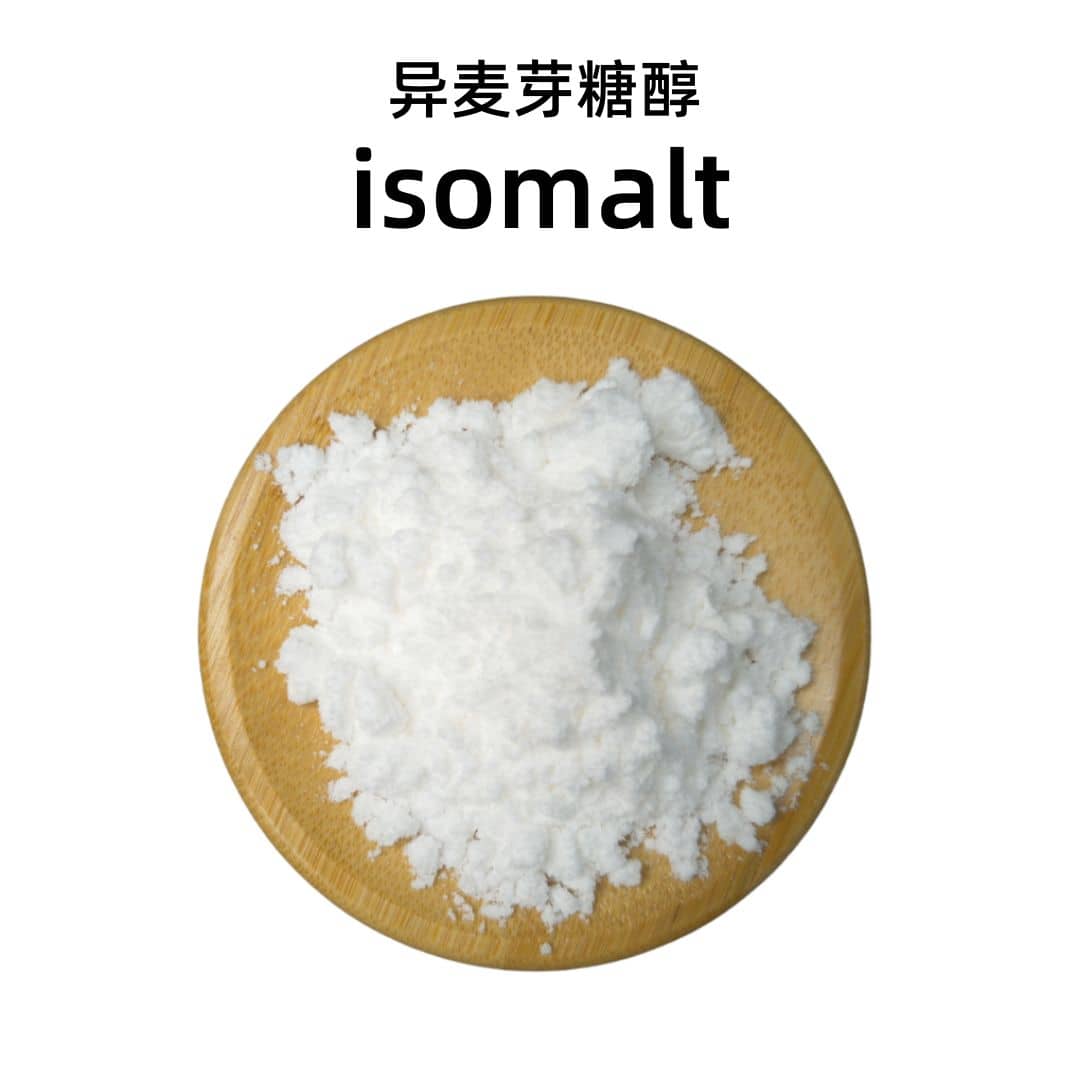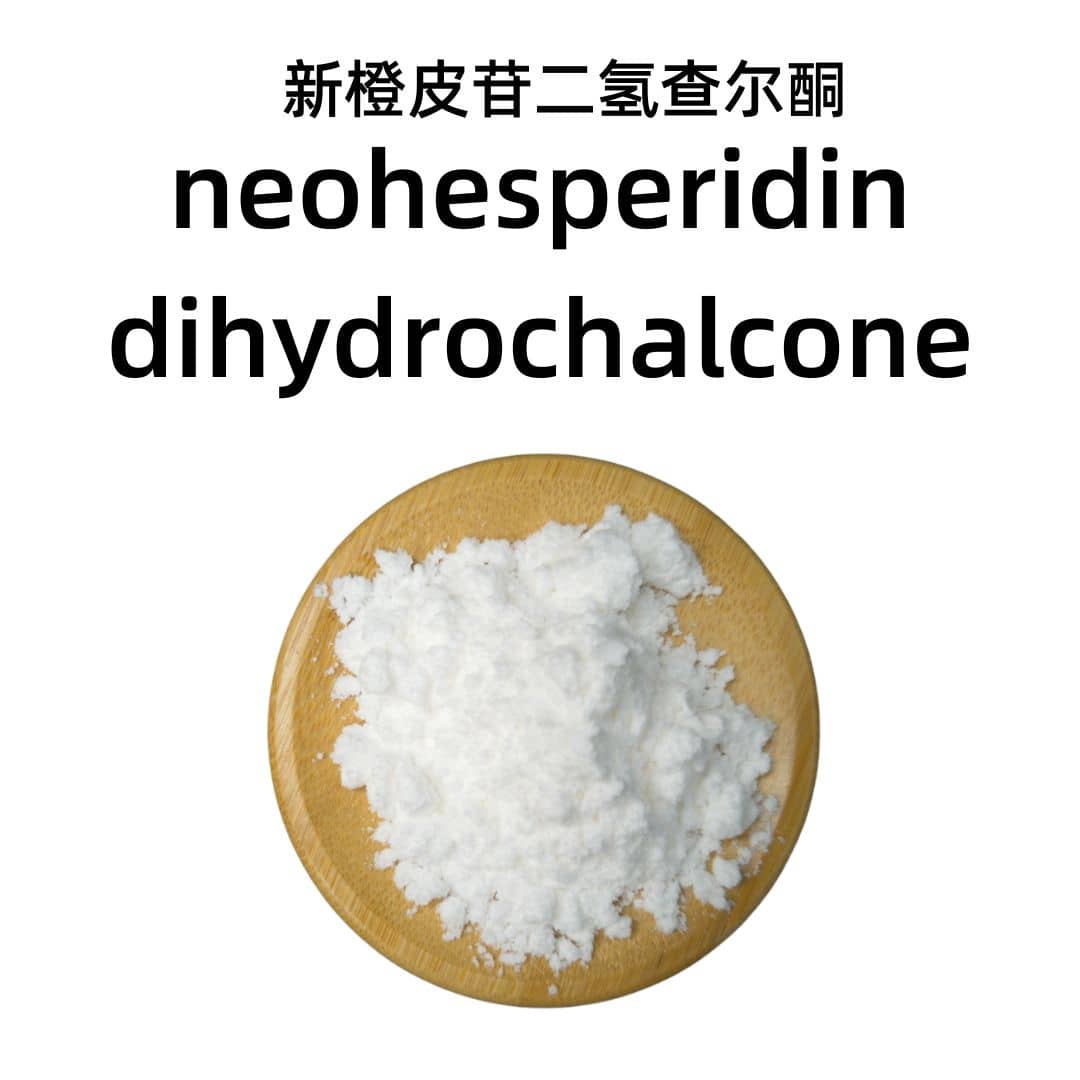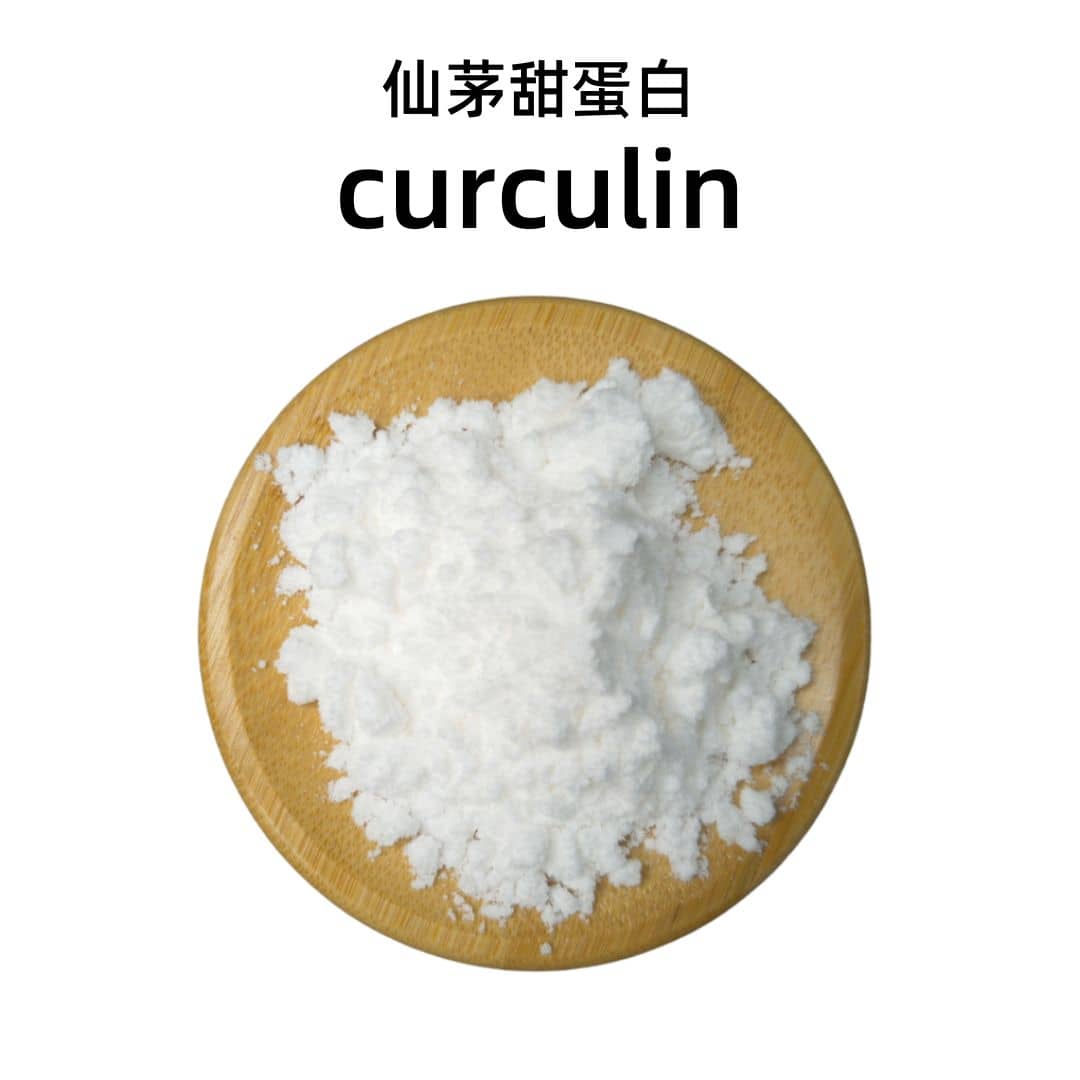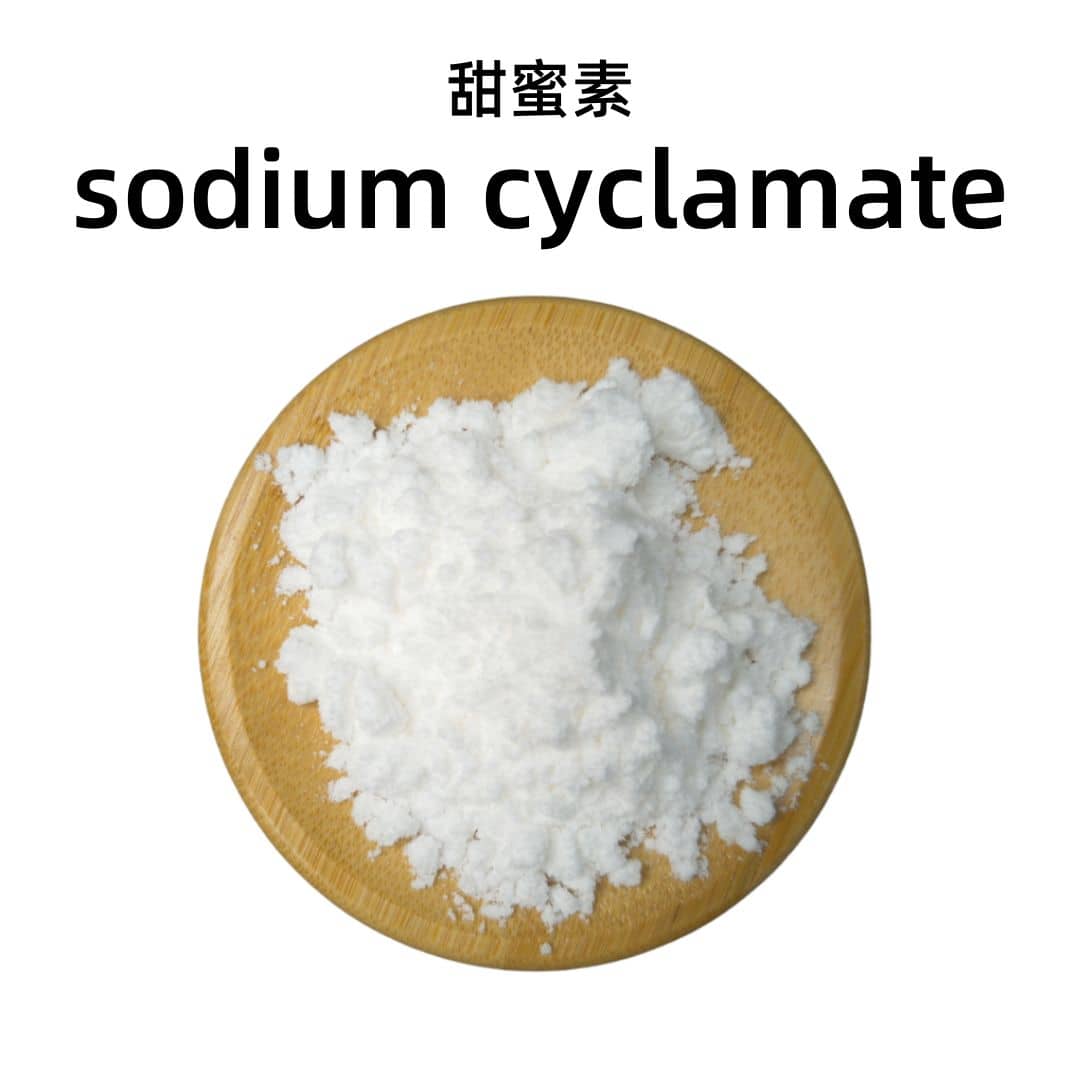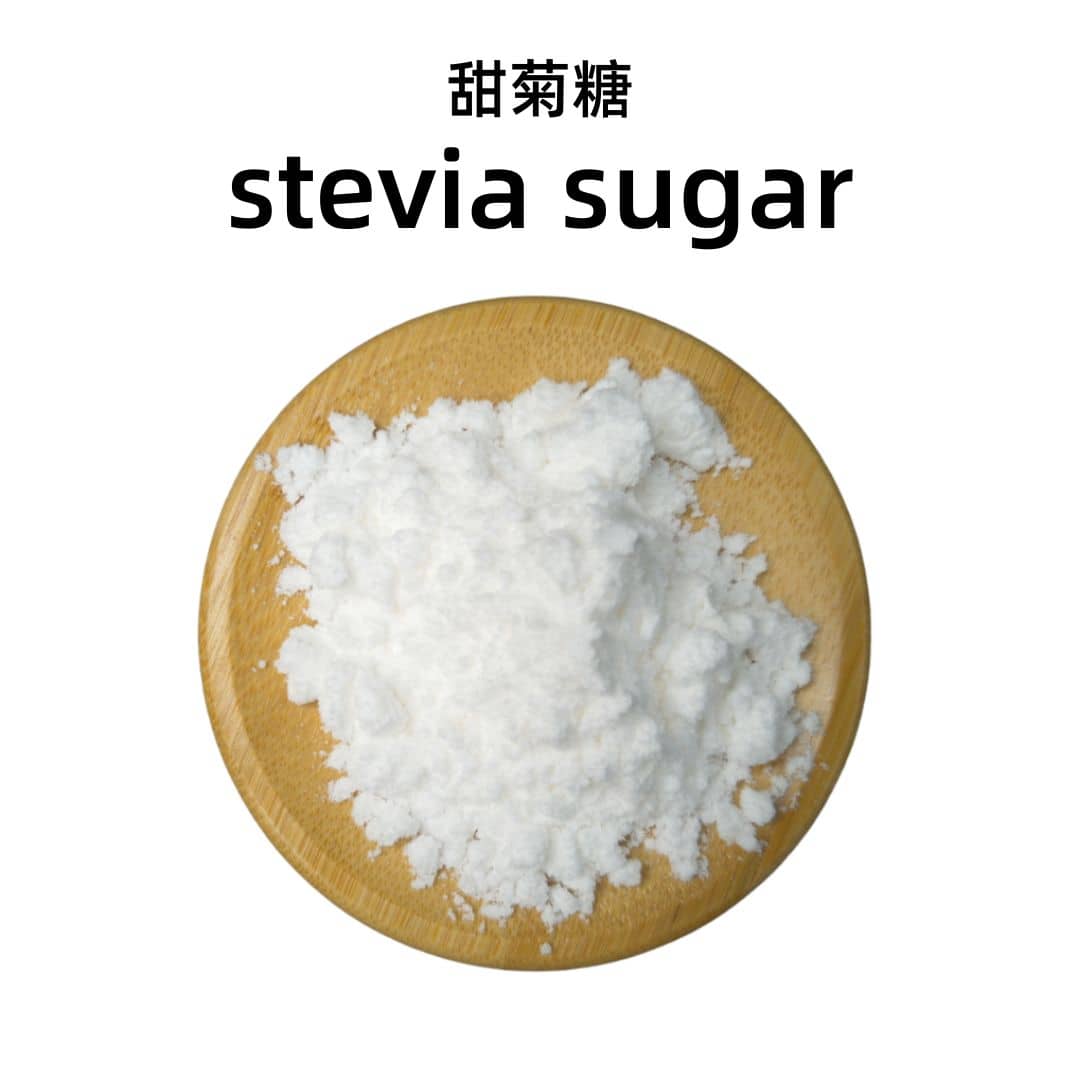Product Introduction
Monellin is a natural sweetener extracted from the fruit of the West African plant D. merolae. It is known for being significantly sweeter than sucrose, with a flavor profile that closely resembles that of sugar. Monellin is a dipeptide sweetener composed of two amino acids: aspartic acid and phenylalanine. It has gained attention for its potential use in various applications, offering a low-calorie sweetening solution.
Product Manufacturing Process
The manufacturing process of monellin involves several steps. First, the fruit is harvested from its natural habitat. The extraction process uses water or alcohol to isolate the sweet components from the fruit. After extraction, the solution undergoes purification through filtration and chromatography techniques. Finally, the purified monellin is crystallized or dried to achieve the desired powder form. Rigorous quality control measures are applied throughout the manufacturing process to ensure the final product meets safety and quality standards.
Product Applications
Monellin is primarily used as a sweetener in food and beverage formulations. Common applications include its use in soft drinks, desserts, and sugar-free snacks, catering to consumers looking for low-calorie options without sacrificing sweetness. It can be incorporated into various products where sugar replacement is desired, making it an attractive choice for formulators and manufacturers in the health-conscious market.
Packaging and Storage
Storage Conditions: Monellin should be stored in a sealed, lightproof container, avoiding high temperatures and ensuring a dry, cool, and well-ventilated environment.
Packaging Method: It is available in bulk packaging (25kg cardboard drums) and sample packaging (1kg aluminum foil bags), with custom packaging options available upon request.
Shipping Method: Monellin can be shipped via FedEx, DHL, dedicated logistics, or through sea freight consolidation to ensure safe transport.
Shelf Life: The product has a shelf life of approximately 2 years when stored under the recommended conditions.
Monica Sun possesses extensive technical expertise and market insights in the food additives industry. She excels in designing efficient and safe additive formulations tailored to various food applications, ranging from sweeteners to functional dietary fibers. Monica has successfully assisted food manufacturers in optimizing ingredient combinations to enhance product quality and improve consumer satisfaction.









